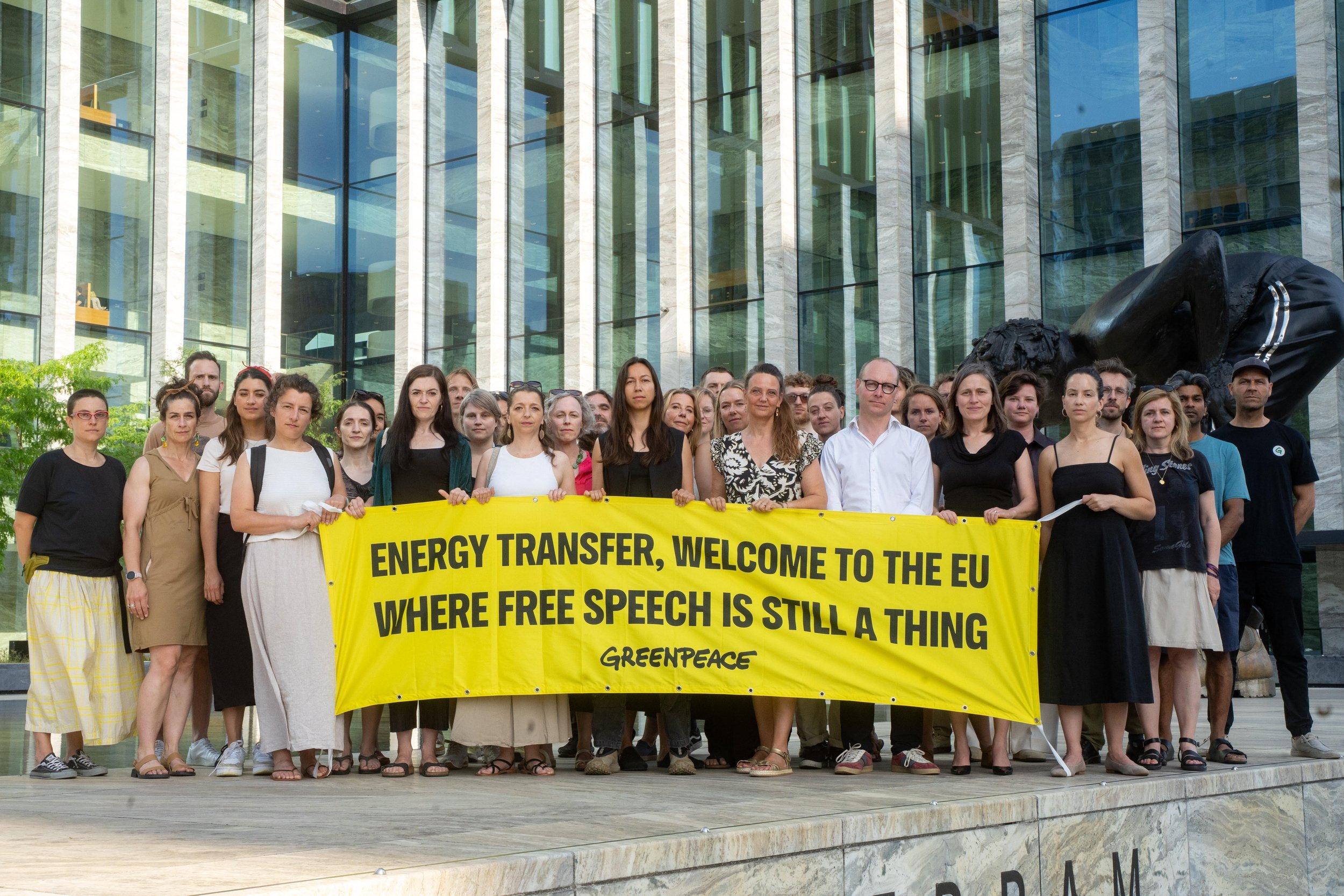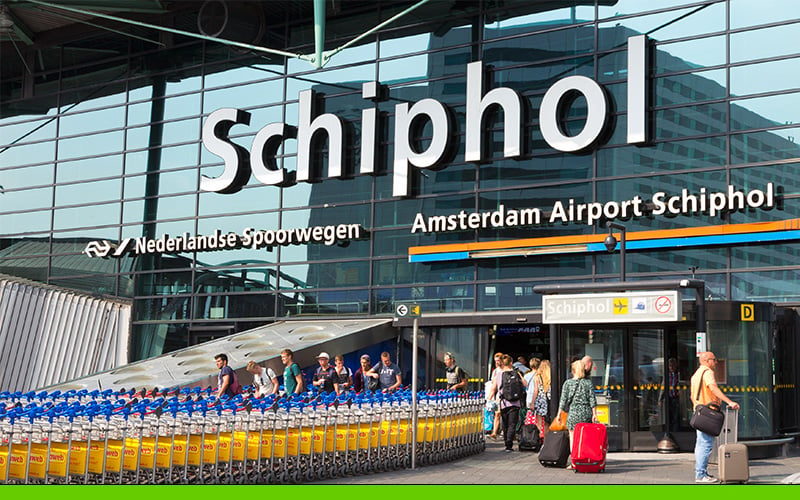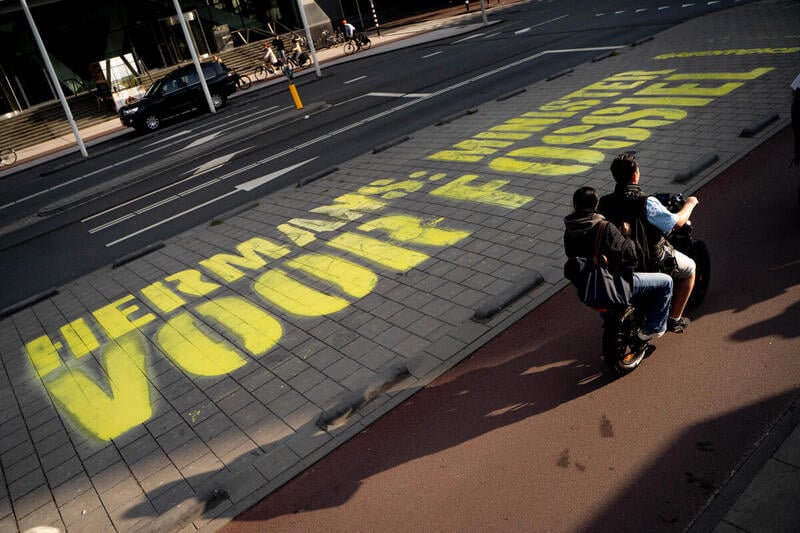Amsterdam, 24 november – De EU heeft zojuist een studie gepubliceerd over de klimaatimpact van luchtvaart naast CO2-uitstoot. Deze blijkt twee keer zo groot als de impact van CO2. Greenpeace reageert op deze studie met onderstaand bericht:
The European Commission must stop flying into climate crisis
Brussels – A new study published by the European Commission on the non-CO2 impacts of aviation on the climate crisis confirms that the non-CO2 impacts of air transport is two times worse than its CO2 emissions, as demonstrated by independent scientists. While acknowledging the non-CO2 effects of aviation, such as those caused by NOx and water vapour, the European Commission failed to propose measures to address the non-CO2 impact of aviation as required by the ETS revision [1] and cut air travel – the most direct way of reducing airline-related emissions.
Greenpeace EU climate campaigner Lorelei Limousin said: “The European Commission’s research shows aviation is flying us into the climate crisis, yet they continue to allow tens of billions in taxpayers’ money to flow into airlines’ pockets without restrictions. We cannot afford to bankroll increasing emissions and massive layoffs when we are in the middle of health, climate and economic crises. The Commission must end tax exemptions and ban short-haul flights. Recovery funds must be invested in green mobility that provides sound, sustainable jobs and affordable, accessible transport for all.” 
For the EU to deliver its fair share of climate action, air travel must drastically be reduced, according to research commissioned by Greenpeace. The researchers from Climact and the NewClimate Institute show that to achieve this short-haul flights must be banned where there is a cleaner alternative, the unfair advantage provided by tax exemptions on airline tickets and fuel must end and European investments in cross border rail must increase. The EU institutions must also protect workers and set up a just transition process.
European governments have already agreed to almost €30 billion in financial aid for airlines with a further €7.9 billion currently under discussion, according to a European airline bailout tracker. None of these funding schemes are linked to legally-binding environmental conditions sufficient to meet the Paris climate agreement and restrict global heating to 1.5°C.
The European Commission is expected to present a European strategy for smart and sustainable mobility on December 9, ahead of the “European Year of Rail” in 2021.
Note:
[1] In 2017, as part of the ETS revision, the Council and the European Parliament tasked the European Commission with presenting an updated analysis of the non-CO2 effects of aviation, accompanied by a proposal on how best to address those effects, before 1 January 2020. The European Commission commissioned the European Union Aviation Safety Agency (EASA) to undertake the analysis.



